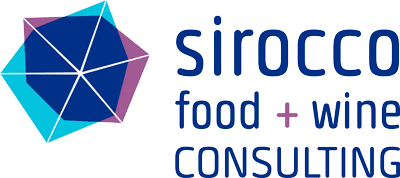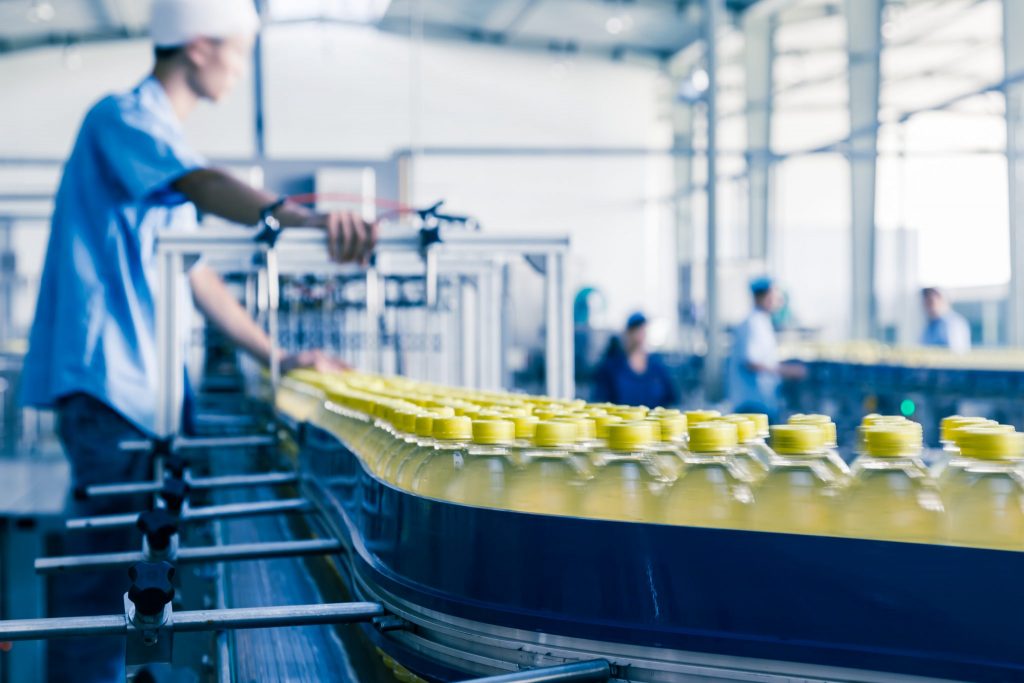Are you a US Food Importer who requires assistance with the development & implementation of a Foreign Supplier Verification Program (FSVP) under FSMA?
The new Food Safety Modernization Act (FSMA) requires that US importers be responsible for the safety of imported food products. Under the new FSVP – Foreign Supplier Verification Program – requirements, US importers must ensure that imported food meet the same food safety standards that are required of food produced in the US. You will first need to consult the FDA flow chart – “Am I subject to FSVP?” to find out whether your business qualifies for modified FSVP requirements. If you determine that you must comply, in full, with the FSVP requirements, you will have until March 2018 or 6 months after your foreign suppliers meet the Preventive Control Rule for Human Foods to comply. You will also have to obtain a DUNS number, a unique facility identifier acceptable by FDA.
To meet FSVP requirements, you will need a combination of qualifications and records as follows:
- A qualified individual (QI) must perform a hazard analysis of each imported food product and determine the hazards reasonably likely to cause illness or injury.
- The QI must analyze known or reasonably foreseeable hazards in the imported foods to determine if they are significant hazards that need to be controlled by the foreign supplier. A significant hazard is defined as one which could potentially result in “serious adverse health consequences or death to humans.” Note that the foreign facilities’ PCQIs (Preventive Control Qualified Individuals) cannot complete your products’ hazard analyses.
- While the QI must be able to read and understand the information provided by the foreign supplier, the FDA has indicated that FSVP plans should be submitted in English. It may be necessary to request a certified English translation of their food safety plans.
- If you do not qualify as a QI or PCQI, a food safety consultant trained in the FDA Preventive Control requirements may develop your FSVP plan on your behalf. Contact Sirocco Consulting at 778 821 1392 for a quote on how we can help develop your plan or guide you through the certification process.
The consultant’s work must include:
- Evaluating the risk posed by an imported food product, based on its hazard analysis,
- Evaluating the foreign supplier’s performance,
- Approving foreign suppliers,
- Developing and implementing written procedures for the verification of supplier activities,
- Maintaining FSVP records of supplier verification activities.
The following record-keeping is required in the event of an FDA inspection:
- Importer food hazard analysis,
- Foreign supplier performance evaluation,
- Procedures for approving foreign suppliers,
- Foreign supplier approval,
- Procedures to assure the use of only approved foreign suppliers,
- Determination of verification activities and their frequencies,
- Performance of verification activities,
- Discussion of any needed corrective actions, and
- Re-evaluations
Sirocco Food and Wine Consulting can assist you to meet the FDA requirements. Contact us to discuss your business needs and request a quote.

